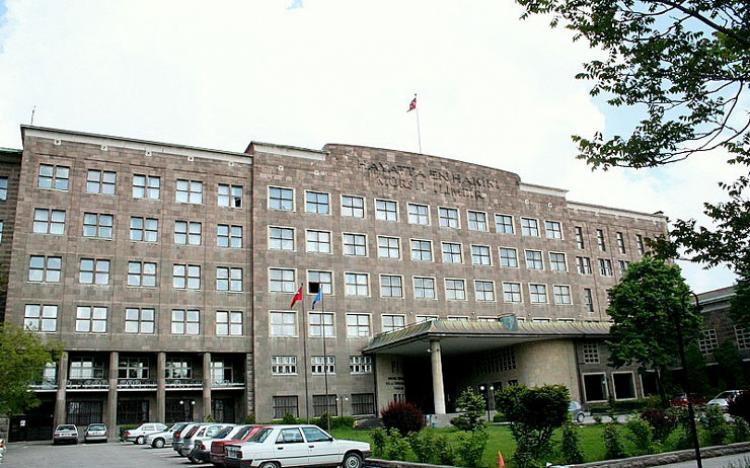
The government of President Recep Tayyip Erdoğan continues its push to silence all centers of dissent and restyle education along ultranationalist and reactionary lines after publishing a new state of emergency decree expelling 330 academics
İbrahim Kaboğlu, who had previously said a new constitution could not be organized under the present circumstances, was instrumental in organizing debates in provinces around Turkey regarding the charter.
The prospects for high-quality education in Turkey have dimmed further after the government of President Recep Tayyip Erdoğan published its latest state of emergency decree on 7 February, expelling 4,464 people from state institutions, including 330 academics and 2,585 teachers.
Some in the pro-government described the latest purges as the removal of Gülenists, who have been accused of leading the 15 July 2016 coup against Erdoğan’s government, but numerous left-wing public servants, including members of the Eğitim-Sen teachers union and signatories for the Academics for Peace initiative, were also expelled with the decree, No. 686.
Last year, over 1,100 academics signed a petition calling for the Turkish state to cease its attacks in Southeast Anatolia and return to the negotiating table with the Kurdistan Workers’ Party (PKK) to foster peace in the country. Erdoğan repeatedly attacked the signatories, declaring them traitors, while a number of universities moved to fire them from their positions. The 7 February decree expelled a further 175 Academics for Peace.
At the same time, 72 academics were expelled from the prestigious Ankara University, darkening the prospects for continued education at the school.
The decree has effectively ended the operations of the university’s Theater Department, with only four academics remaining.
“Effectively, there is no possibility of the department continuing operations,” said Professor Süreyya Karacabey, who was expelled in a previous decree. “All of the education has been halted.”
All six of the signatories in the department have now been expelled, Karacabey said, adding that the expulsions were likely to continue. “It’s worse for our colleagues who are waiting to be expelled in our wake. They’re saying, ‘With my colleagues gone, what am I doing here?’ Waiting for your turn kills you.”
“This is a great shame for Turkey’s universities and Ankara University. Today, the last teaching staff were expelled with a state of emergency decree just for demanding peace,” said Professor Funda Başaran, an expelled professor and Sendika.Org contributor. “Places like the Political Science Faculty, Communications Faculty and the Language and Geography Faculty, which had a high number of signatories, are just four walls now … But we don’t need [empty buildings] to produce knowledge. We will again gather with our students. We will continue to produce knowledge and change the world with the knowledge that we produce. That’s why we don’t give a damn about the decrees.”
Other universities that witnessed purges included Eskişehir’s Anadolu University, which lost 28 professors, Yıldız Technical University with 27 and Marmara University with 23.
Other academics that were expelled include other Sendika.Org contributors like Aylin Aydoğan, as well as Diken writer and academic Murat Sevinç, and BirGün writer and constitutional law professor İbrahim Kaboğlu.
Kaboğlu, who had previously said a new constitution could not be organized under the present circumstances, was instrumental in organizing debates in provinces around Turkey regarding the charter.
Hundreds of people were also expelled from the police and gendarmerie.
Since the 15 July coup attempt, Erdoğan has accelerated a counter-coup in an effort to silence all opposition using the powers accorded to him by the state of emergency. At present, Turkey is expected to go to a referendum in April to vote on a constitutional package that would bestow upon him near unchecked powers.

